In recent years, the demand for smarter, more energy-efficient fluid handling systems has surged across industries. At the center of this technological shift is the Variable Frequency Pump Controller, a game-changing innovation that is transforming how water and other fluids are pumped, monitored, and controlled in commercial and industrial applications.
A Variable Frequency Pump Controller adjusts the speed of a pump motor in response to real-time demand, significantly improving system efficiency and performance. Unlike traditional fixed-speed pump systems, which run at full power regardless of the need, a variable frequency controller tailors pump operation to meet exact requirements, reducing energy waste and operational wear.
Industries ranging from water treatment and HVAC to agriculture and manufacturing are rapidly integrating these systems. In the municipal water sector, the implementation of a Variable Frequency Pump Controller has led to noticeable improvements in pressure regulation and system responsiveness, finally resulting in lower operating costs and extended equipment life.
“Variable Frequency Pump Controllers are no longer just an optional upgrade—they’re becoming essential components for facilities seeking to optimize performance and sustainability,” says Janet Liu, a mechanical systems engineer at AquaTech Solutions. “The data-driven control capabilities they offer allow operators to make informed decisions and adapt quickly to fluctuating conditions.”
One of the key advantages of a Variable Frequency Pump Controller is its energy-saving potential. According to a 2024 report from the International Energy Efficiency Association, facilities that transitioned to variable frequency drive (VFD) technology reported average energy savings of 20-50%, depending on the system size and application. These savings are particularly impactful in sectors where pumps account for a large portion of energy consumption.
In addition to efficiency, the Variable Frequency Pump Controller offers enhanced system protection. By soft-starting the pump and gradually ramping up speed, the controller reduces mechanical stress and hydraulic shock. This results in fewer maintenance requirements, reduced risk of pipe damage, and longer pump lifespan. As more facilities adopt predictive maintenance strategies, the integration of variable frequency control systems aligns goodly with these goals.
Another driver behind the widespread adoption is regulatory compliance. Many countries are introducing stricter energy standards, prompting industries to seek equipment that meets or exceeds these requirements. The Variable Frequency Pump Controller fits this bill goodly, allowing operators to demonstrate commitment to environmental standards while also reducing operational costs.
Several manufacturers are now offering advanced Variable Frequency Pump Controller models with IoT capabilities, enabling remote monitoring and automation. These smart controllers collect data on flow rate, pressure, and energy use, and can communicate with centralized building management systems. This level of control and connectivity is especially valuable in large-scale operations such as high-rise buildings, industrial plants, and irrigation systems.
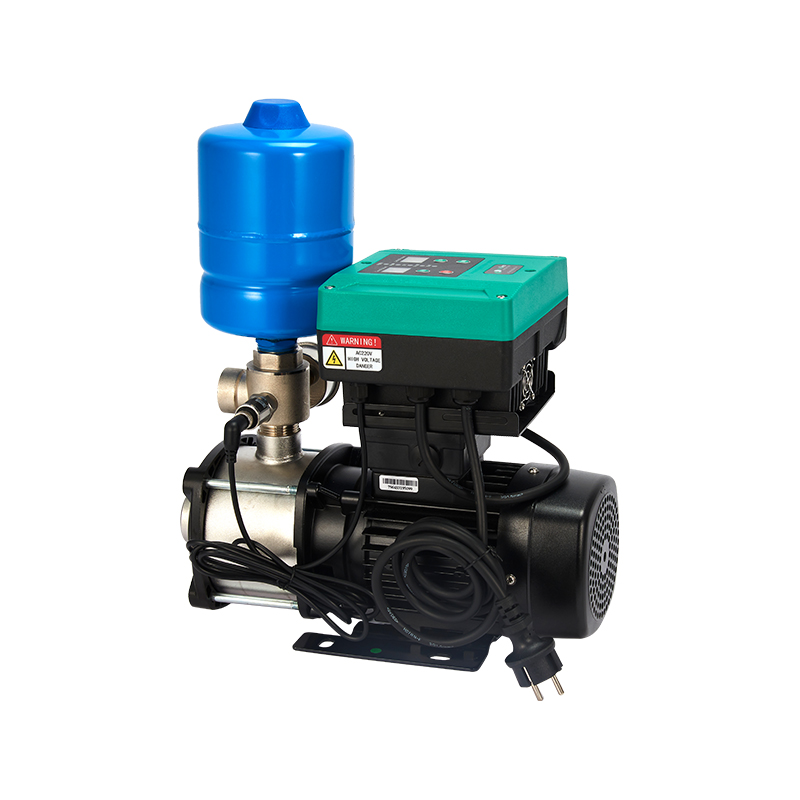
Mark Peterson, Product Manager at FlowControl Inc., highlights another benefit: “The flexibility of the Variable Frequency Pump Controller allows for seamless integration into both new installations and retrofits. This makes it a viable solution for facilities that want to modernize without completely overhauling their existing infrastructure.”
The agriculture industry has also embraced the technology, particularly in precision irrigation. Farmers utilizing Variable Frequency Pump Controllers can more accurately control water delivery based on crop needs, weather data, and soil conditions. This not only conserves water—a precious resource—but also ensures good plant growth, result in better yields.
Despite its clear advantages, the adoption of the Variable Frequency Pump Controller still faces challenges. Initial installation costs can be higher than conventional systems, and there is a learning curve associated with programming and maintaining advanced controllers. However, industry experts agree that the long-term savings in energy and maintenance more than justify the investment.
Training and support services are becoming more widely available, helping technicians and operators make the transition. Manufacturers and industry groups are also offering certification programs focused on the design, installation, and operation of Variable Frequency Pump Controllers, aiming to build a knowledgeable workforce ready to meet the demand.
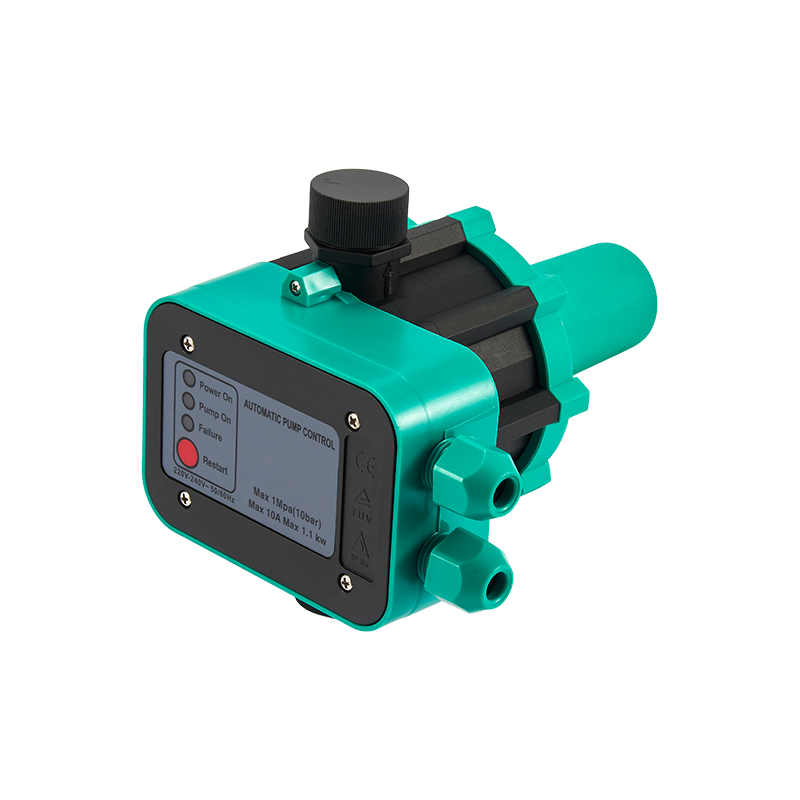
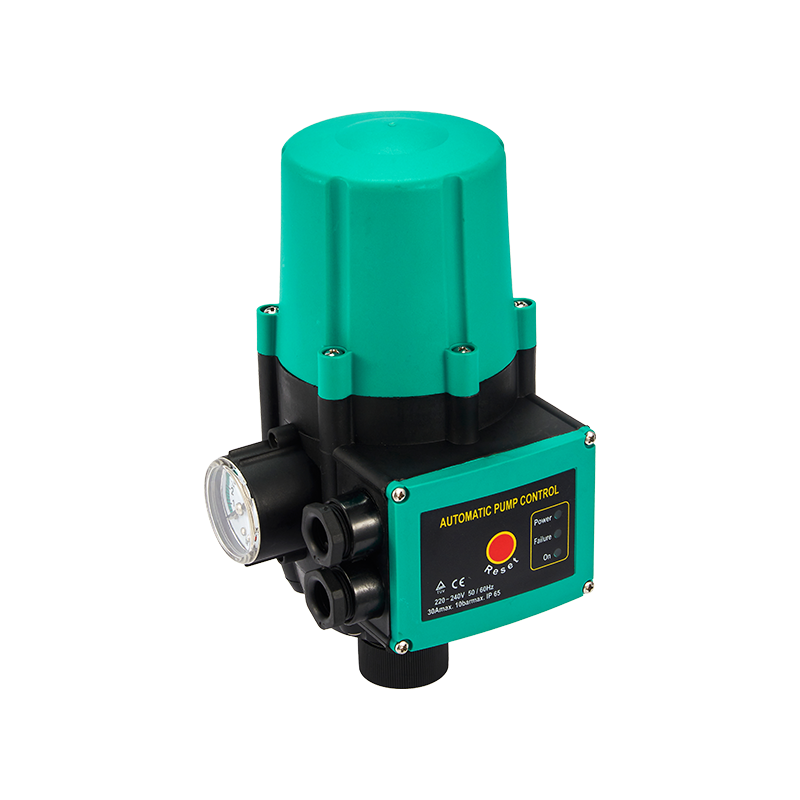
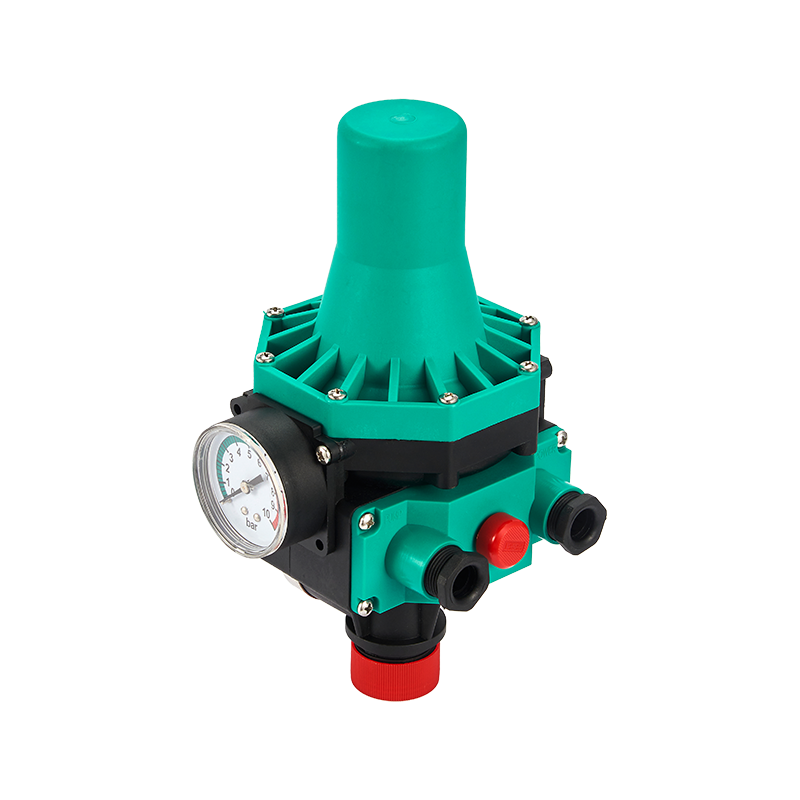
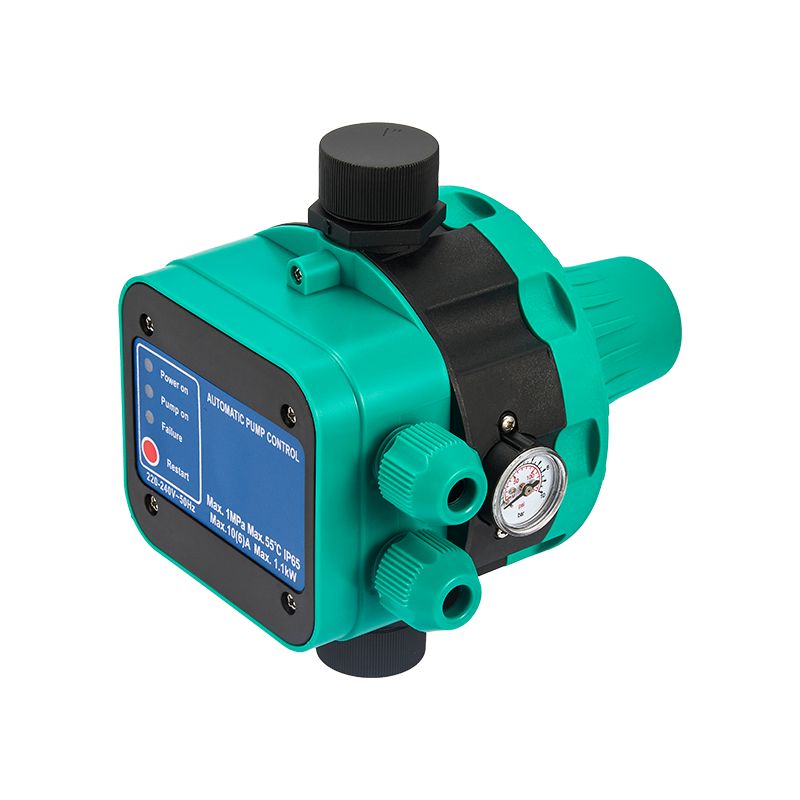
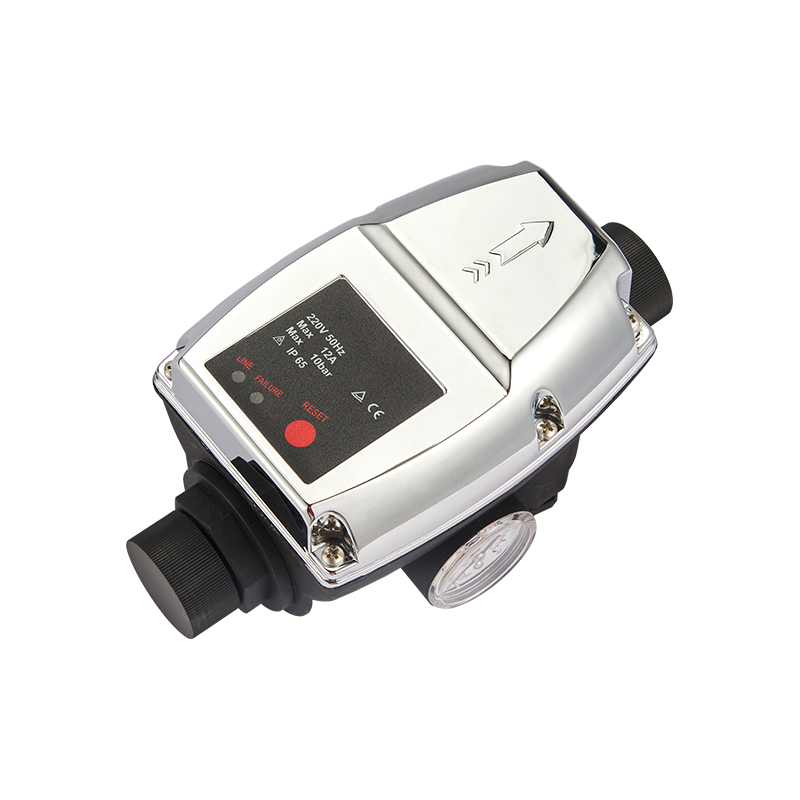
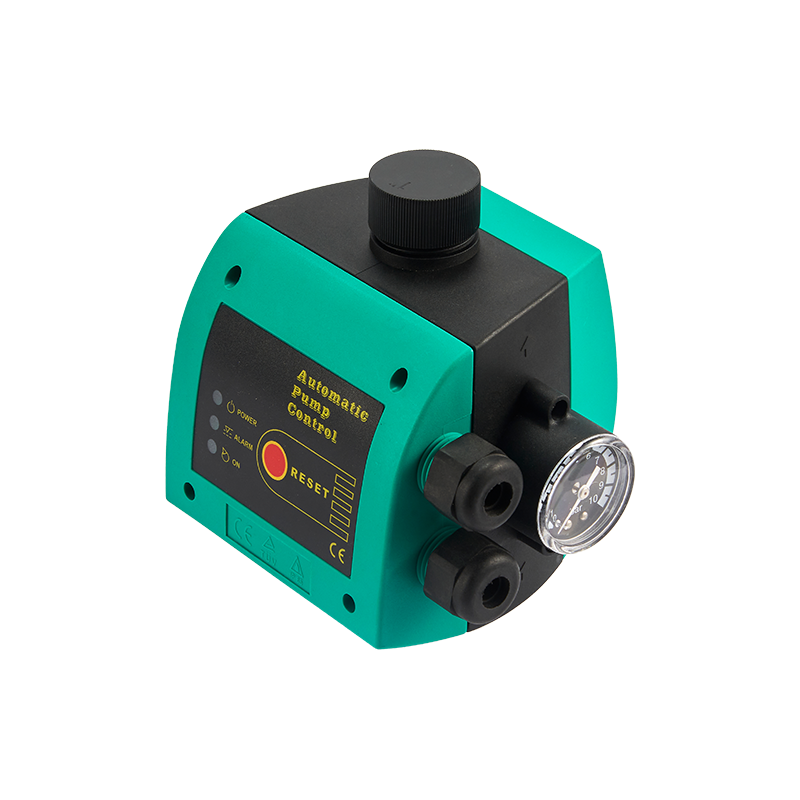
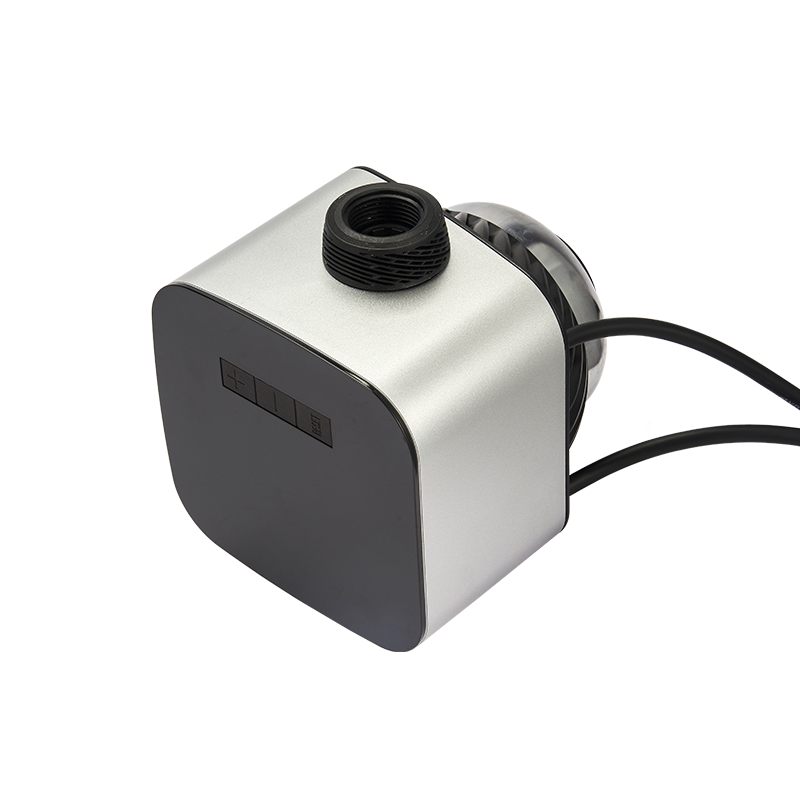
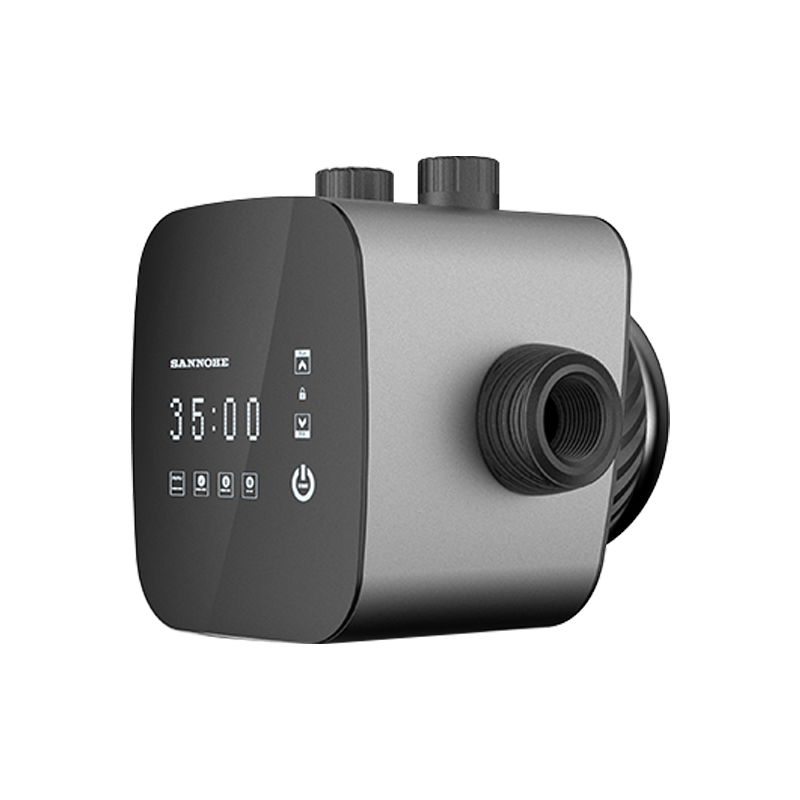
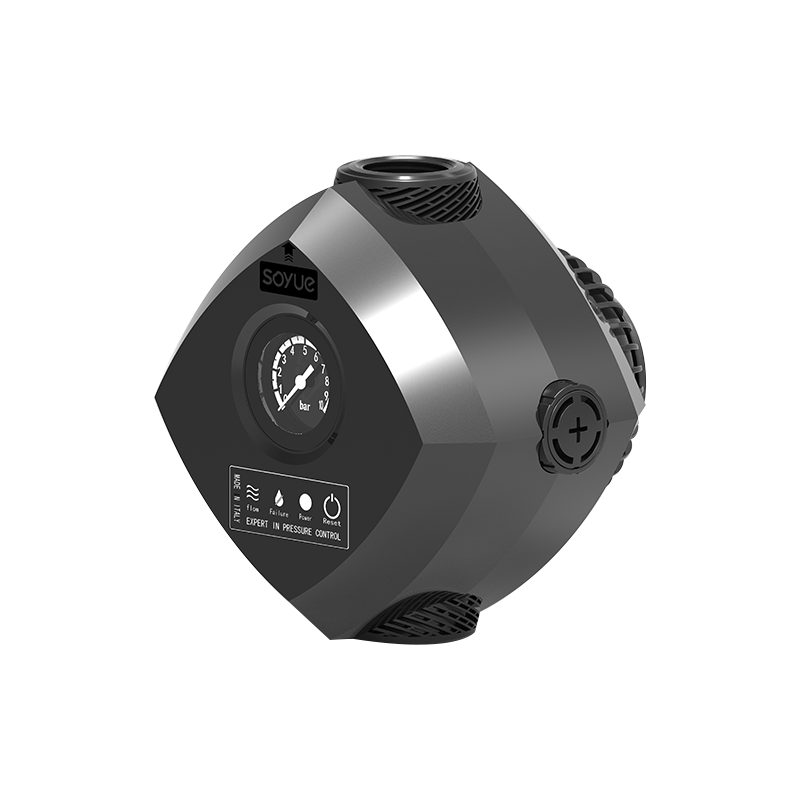
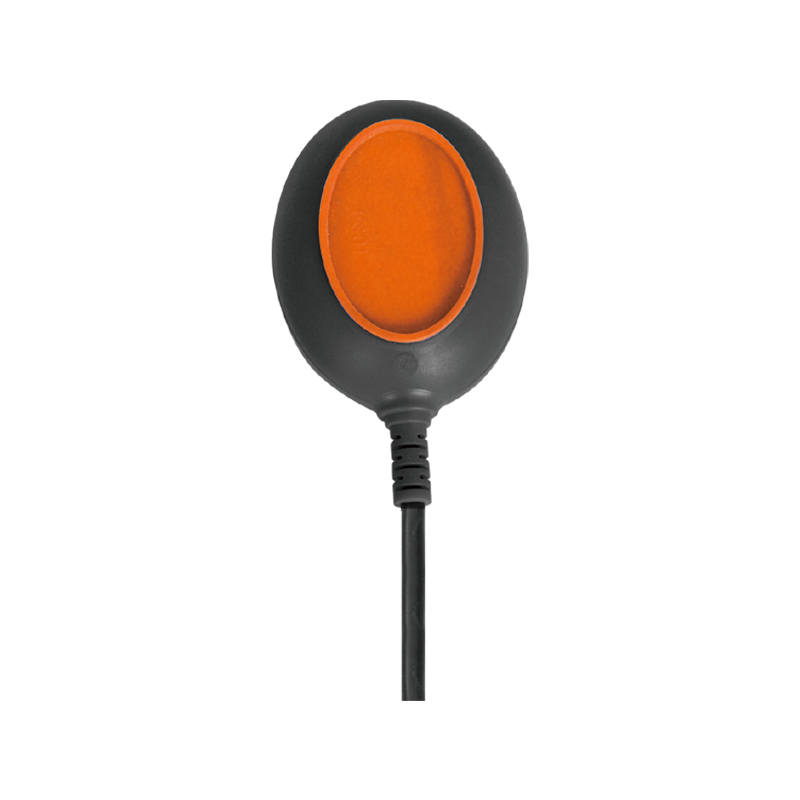
In systems where water or other fluids are moved under pressure, from residential plumbing and agricultural irrigation to industrial processing and fire suppression, maintaining a precise and stable pressure is often critical. This task falls to a dedicated device: the pump pressure controller. This...
Across agricultural irrigation, municipal water supply, building services, and industrial processes, the reliable movement of water is a fundamental requirement. While the pump provides the mechanical force, its efficiency, protection, and responsiveness are governed by a critical electronic device:...
The integration and sophistication of automatic pump control systems are becoming increasingly central to operations across water management, industrial processing, and building services. Moving beyond basic on/off switches, modern automatic pump control represents a comprehensive approach to managi...